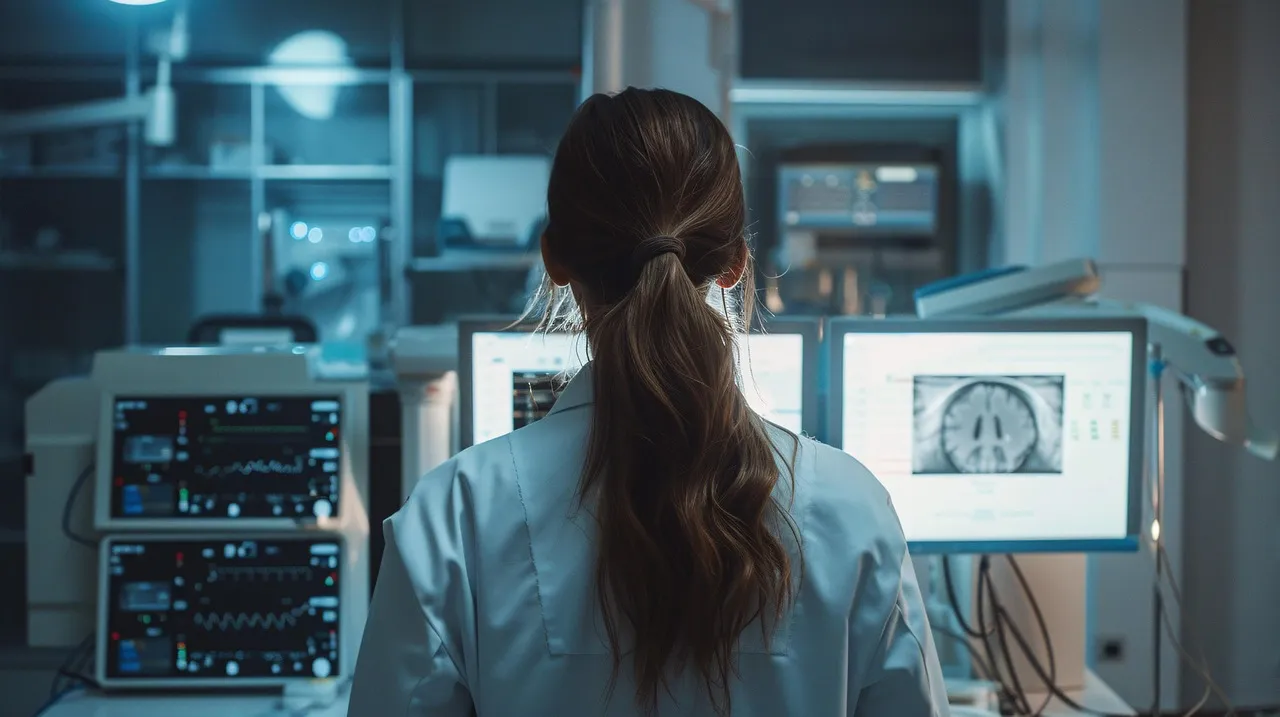Why Virtual Contrast Supervision Is on the Rise


Virtual contrast supervision has rapidly transitioned from a temporary solution for imaging centers to a transformative standard in diagnostic imaging that is revolutionizing workflows. Initially adopted during the COVID-19 pandemic on a temporary basis, its widespread success has led to near-unanimous industry support to make it permanent.
ContrastConnect is at the forefront of this transformative change, offering radiologist-led virtual supervision that combines enhanced patient care, operational efficiency, and regulatory compliance.
Pandemic-Era Innovations Transform to Standard Practices
In 2020, the Center for Medicare & Medicaid Services (CMS) expanded the definition of "direct supervision" to include real-time audio and video communication. This facilitated the emergence of virtual oversight for contrast-enhanced imaging studies.
This updated definition to direct supervision addressed some of the immediate challenges posed by the COVID-19 pandemic, and has since proved itself to be a sustainable model for delivering high-quality care. In accordance, CMS has extended its policy surrounding remote supervision through December 31, 2025, reflecting the overall effectiveness of remote supervision and the industry's adaptation to this emerging technology.
Addressing Radiologist Shortages and Expanding Patient Access
The healthcare industry faces a growing shortage of radiologists. This phenomenon is particularly true in rural and underserved communities.
Virtual contrast supervision mitigates resource utilization by enabling radiologists to provide supervision remotely, ensuring continuous patient access to necessary imaging services without compromising safety or availability.
Organizations like the Radiology Business Management Association (RBMA) and the American College of Radiology (ACR) have highlighted the role of virtual supervision in expanding access and availability for patients. These qualities are contributing to a growing sense of the permanence of implementing remote supervision.
Enhancing Patient Safety Through Technology
Concerns about managing contrast reactions are understandable, but evidence shows that virtual supervision protocols can maintain, and even improve, patient safety through consistent implementation and standardization.
With trained personnel on-site and immediate virtual access to experienced radiologists, response times to adverse events can be faster than with traditional on-site supervision. Additionally, remote physicians and on-site staff are often better prepared to manage severe reactions under this model, given the enhanced training involved.
A survey by the RBMA (Radiology Business Management Association) reported that approximately 30% of imaging centers experienced faster response times with virtual supervision compared to on-site models, with no negative impacts on patient care.
Igniting Operational Efficiency and Cost Savings
Virtual supervision reduces the need for on-site radiologist presence, leading to significant cost savings and improved efficiencies. In addition, virtual supervision allows for more flexible scheduling, extended operating hours, and improved resource allocation.
The ACR has formally urged CMS to make virtual supervision permanent, emphasizing its benefits in improving patient access and reducing healthcare costs without compromising safety.
The Future of Contrast Supervision
As the healthcare landscape continues to evolve, virtual contrast supervision stands out as a model that addresses current challenges and anticipates future needs. Its ability to enhance patient care, improve operational efficiency, and ensure regulatory compliance makes it an indispensable tool for imaging companies nationwide.
ContrastConnect ensures full compliance with CMS, ACR, ASRT, and HIPAA regulations, providing detailed documentation and adherence to all relevant guidelines. If you are interested in learning how ContrastConnect can transform your operations, contact us today to explore if virtual contrast supervision can help streamline your operations and reduce your overhead costs.
Trusted Nationwide








54,000+
Contrast exams supervised monthly
44,000+
Hours of supervision monthly
2,200+
Technologists certified
0s
Of imaging partners nationwide
30+
Contrast reactions treated monthly
0%
Requested hours covered
Connect with us.

